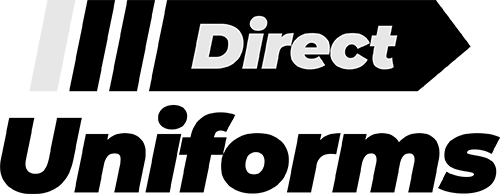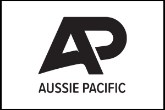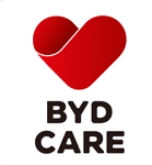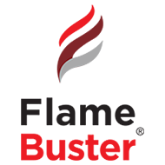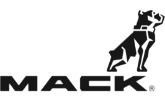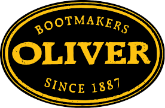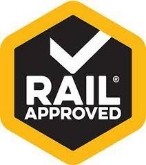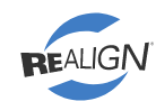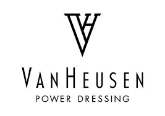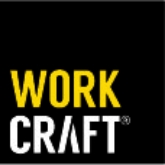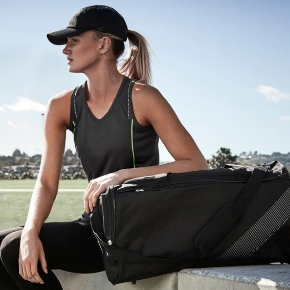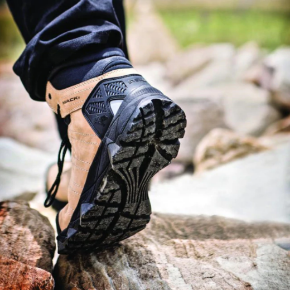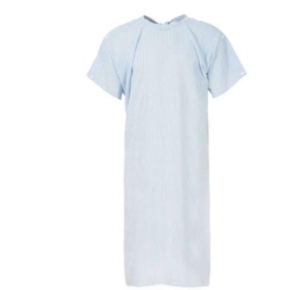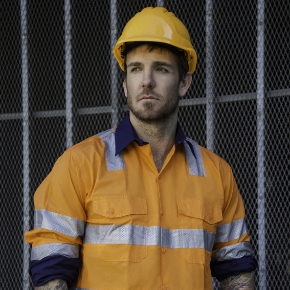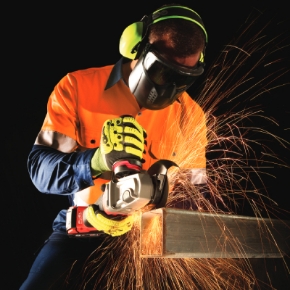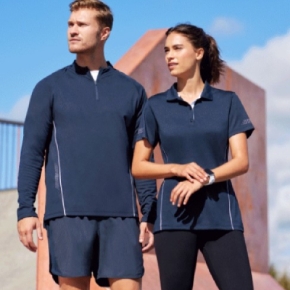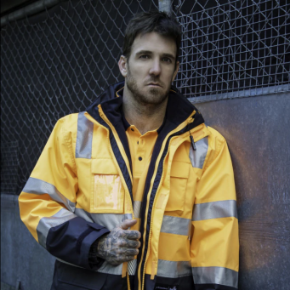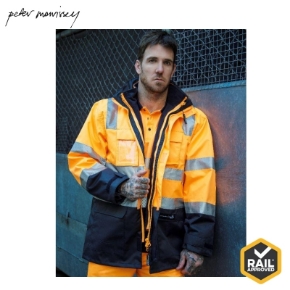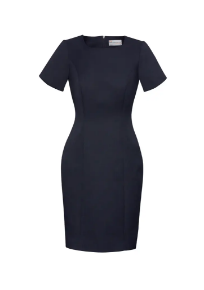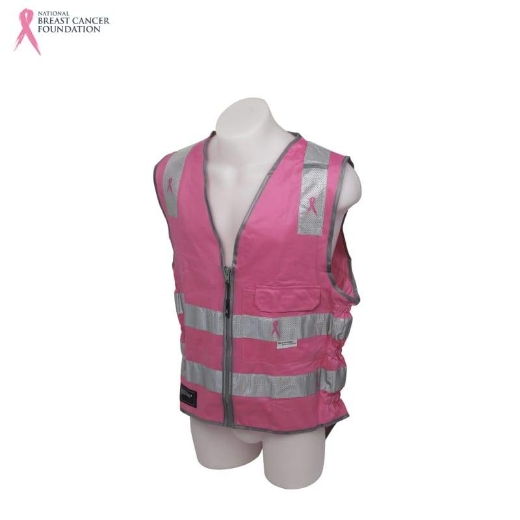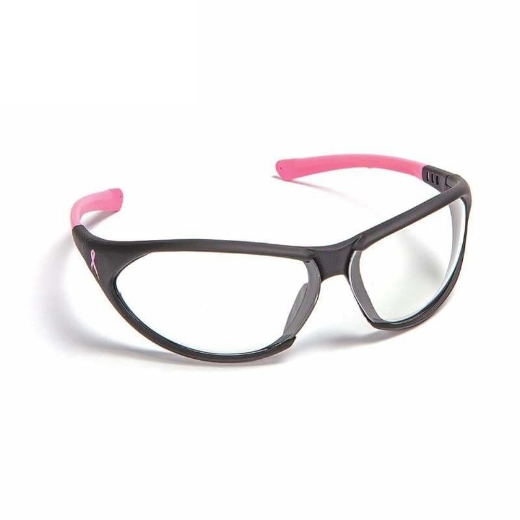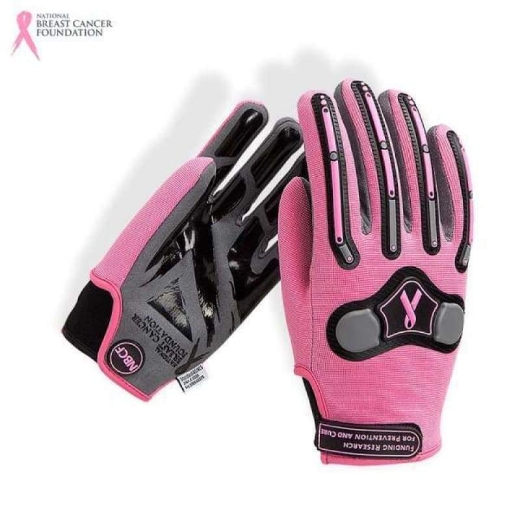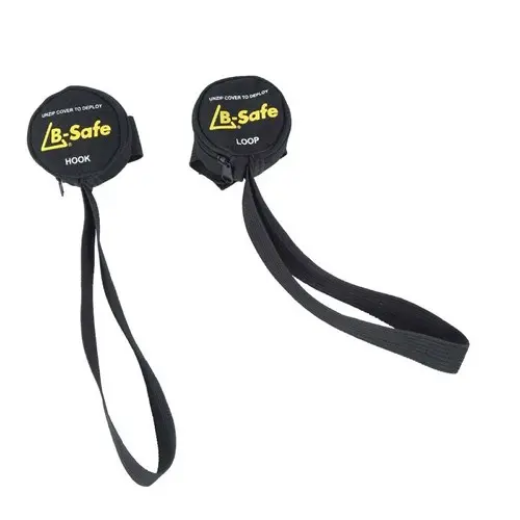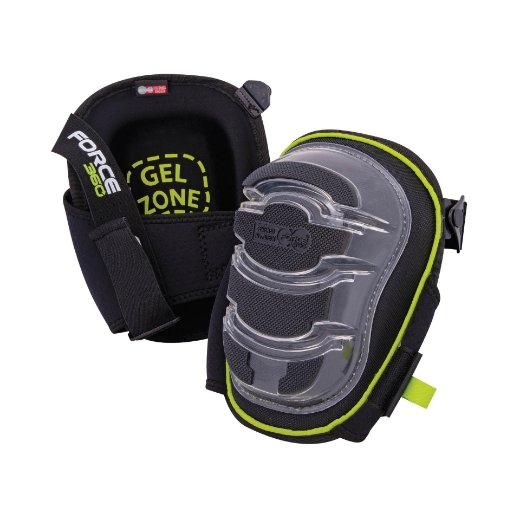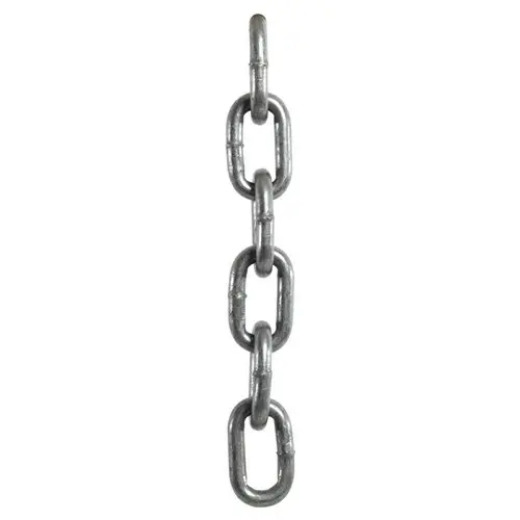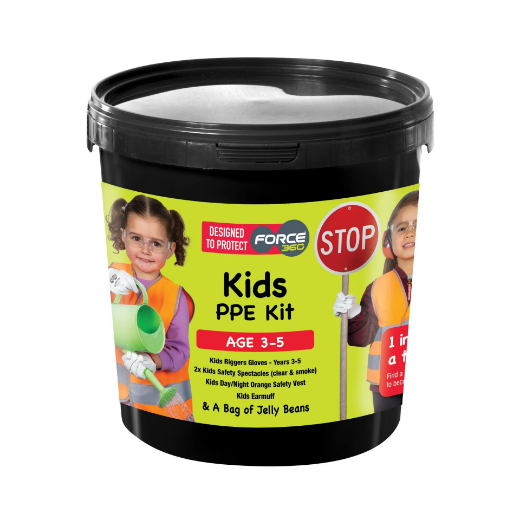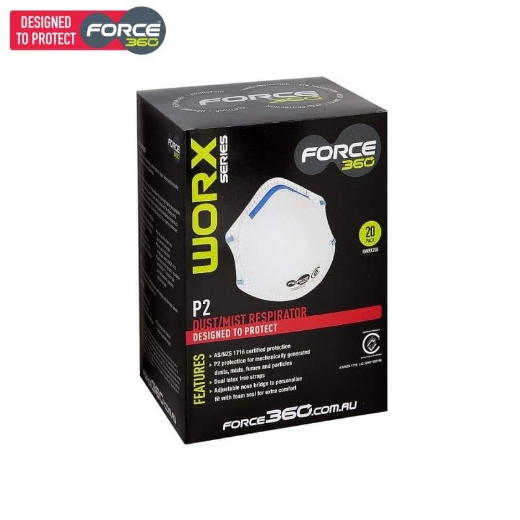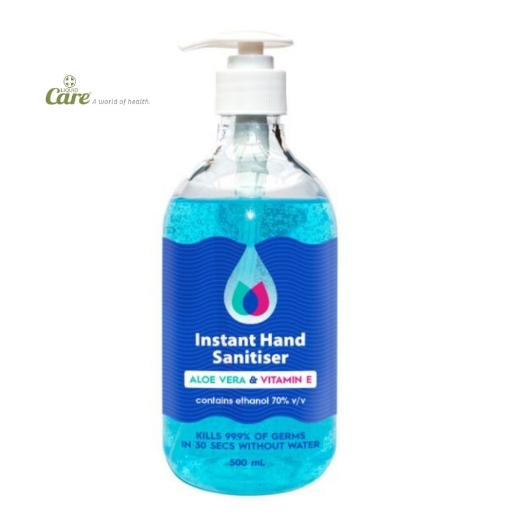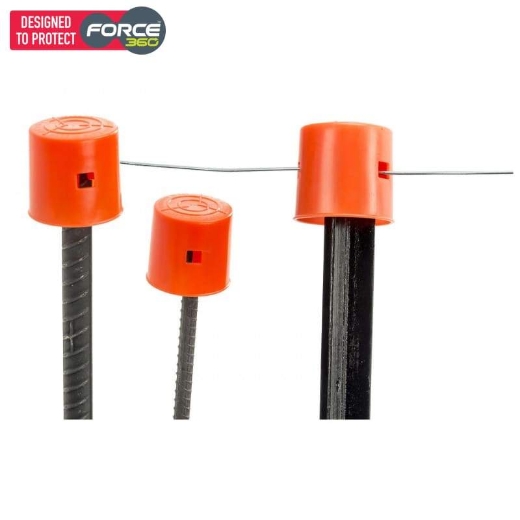Safety
Protecting Your Safety: The Importance of Personal Protective Equipment (PPE)
In today's world, personal safety has never been more critical. Whether you're working in a hazardous environment, caring for a loved one, or just going about your daily activities, protecting yourself is paramount. This is where Personal Protective Equipment (PPE) comes into play. PPE is a set of tools and gear designed to safeguard you from potential risks, and understanding its importance and proper usage is essential for ensuring your well-being. In this guide, we will delve into why PPE is crucial, what type of PPE you might need, and how to use it effectively.
Why is PPE of Utmost Importance?
- Protection from Hazards: PPE serves as your first line of defense against various hazards, including chemicals, physical injuries, infectious diseases, and more. It acts as a barrier between you and potential dangers.
- Legal Compliance: Many industries and workplaces have legal requirements mandating the use of PPE to ensure the safety and health of workers. Failure to comply with these regulations can result in fines and penalties.
- Reduces the Risk of Injury and Illness: Proper PPE usage significantly reduces the likelihood of accidents, injuries, and illnesses. It helps mitigate the severity of potential harm, promoting a safer environment.
- Peace of Mind: Wearing PPE provides a sense of security, knowing that you have taken steps to protect yourself and those around you. It instills confidence in your ability to handle challenging situations.
- Infection Control: PPE, particularly face masks, gloves, and gowns, has played a pivotal role in preventing the spread of infectious diseases, such as COVID-19, within communities.
Determining Your PPE Requirements
The specific type of PPE you need depends on the environment and the potential hazards you may encounter. Common types of PPE include:
- Head Protection: Hard hats for construction sites and industrial settings to guard against falling objects and head injuries.
- Eye and Face Protection: Safety glasses and face shields to shield against chemical splashes, dust, and debris.
- Hearing Protection: Earplugs and earmuffs to prevent hearing damage in noisy environments.
- Respiratory Protection: Dust masks, respirators, and self-contained breathing apparatus for safeguarding against airborne contaminants and harmful gases.
- Hand and Arm Protection: Gloves to protect against cuts, burns, chemical exposure, or electric shock.
- Body Protection: Coveralls, aprons, or suits for shielding the body from chemical spills, radiation, or biological hazards.
- Foot and Leg Protection: Steel-toed boots, safety shoes, and leg protection to guard against falling objects, punctures, and electrical hazards.
- Fall Protection: Harnesses and lanyards to prevent falls when working at heights.
- Skin Protection: Sunscreen and specialized clothing for protection against UV radiation.
- Infection Control: Masks, gloves, gowns, and face shields to prevent the spread of infectious diseases.
It's essential to conduct a risk assessment to determine the specific PPE requirements for your situation.
Using PPE the Right Way
Using PPE effectively is as crucial as having the right equipment. Here are some guidelines for proper PPE usage:
- Selection: Choose the right PPE for the job based on the hazards you may encounter. Ensure that it fits well and is comfortable to wear for extended periods.
- Inspection: Before each use, inspect your PPE for damage, wear, and tear. Replace any damaged items immediately.
- Donning and Doffing: Learn how to put on (don) and take off (doff) your PPE correctly to avoid contamination or injury.
- Maintenance: Keep your PPE clean and in good condition. Follow manufacturer guidelines for cleaning and storage.
- Training: Provide proper training and education on PPE usage to all individuals who need it, whether at work, home, or in a healthcare setting.
- Compliance: Always wear your PPE when necessary. Do not take shortcuts or disregard safety protocols.
- Removal and Disposal: Remove PPE carefully to prevent self-contamination, and dispose of it as directed, especially when dealing with hazardous materials.
Personal Protective Equipment is a fundamental aspect of safety in various aspects of life. Whether you're working in a high-risk industry, caring for your well-being, or contributing to community health, PPE serves as a vital shield against potential harm. Understanding the importance of PPE, selecting the right equipment, and using it properly can help ensure your safety and that of those around you. Remember, when it comes to safety, PPE is your trusted ally.
At Workwear Direct, our PPE range aligns with Australian Standards stipulated by the Department of Health, ensuring that PPE is correctly utilised, whether at work or beyond.
